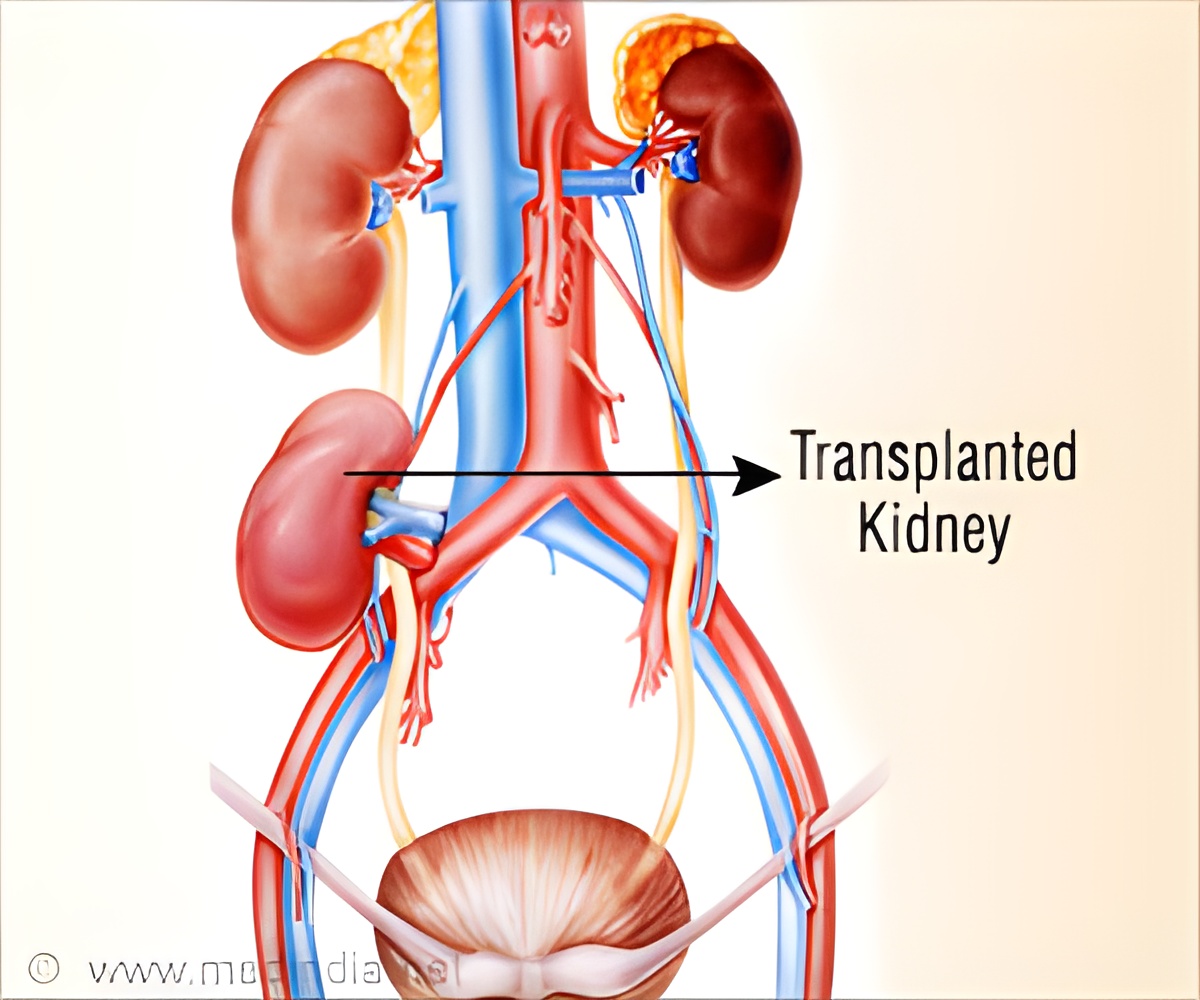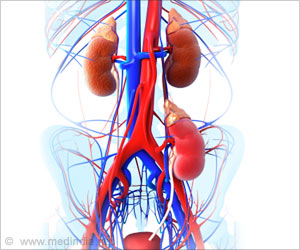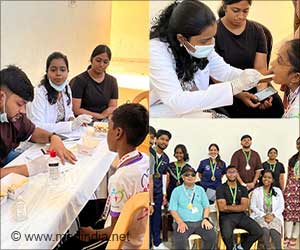
‘Children who receive kidney transplants had minimal concerns about quality of life after their operation.’
Tweet it Now
The research team at Children's National wanted to hear directly from kids about their quality of life after kidney transplant in order to tailor timely interventions to children. Generally, recipients of kidney transplants have reported impaired quality of life compared with healthy peers, with higher mental health difficulties, disrupted sleep patterns and lingering pain.
The Children's team measured general health-related quality of life using a 23-item PedsQL Generic Core module and measured transplant-related quality of life using the PedsQL- Transplant Module. The forms, which can be used for patients as young as 2, take about five to 10 minutes to complete and were provided to the child, the parent or the primary care giver - as appropriate - during a follow-up visit after the transplant. Thirty-three patient-parent dyads completed the measures, with an additional 25 reports obtained from either the patient or the parent. The patients' mean age was 14.2; 41.4% were female. "While it's comforting that most pediatric patients had no significant problems, the range of quality of life scores indicate that some patients had remarkable difficulties," says Kaushalendra Amatya, Ph.D., a pediatric psychologist in Nephrology and Cardiology at Children's National and the study's lead author.
When the study team reviewed reports given by parents, they found their descriptions sometimes differed in striking ways from the children's answers.
"Parents report lower values on emotional functioning, social functioning and total core quality of life, indicating that parents perceive their children as having more difficulties across these specific domains than the patients' own self reports do," Amatya adds.
Source-Eurekalert















